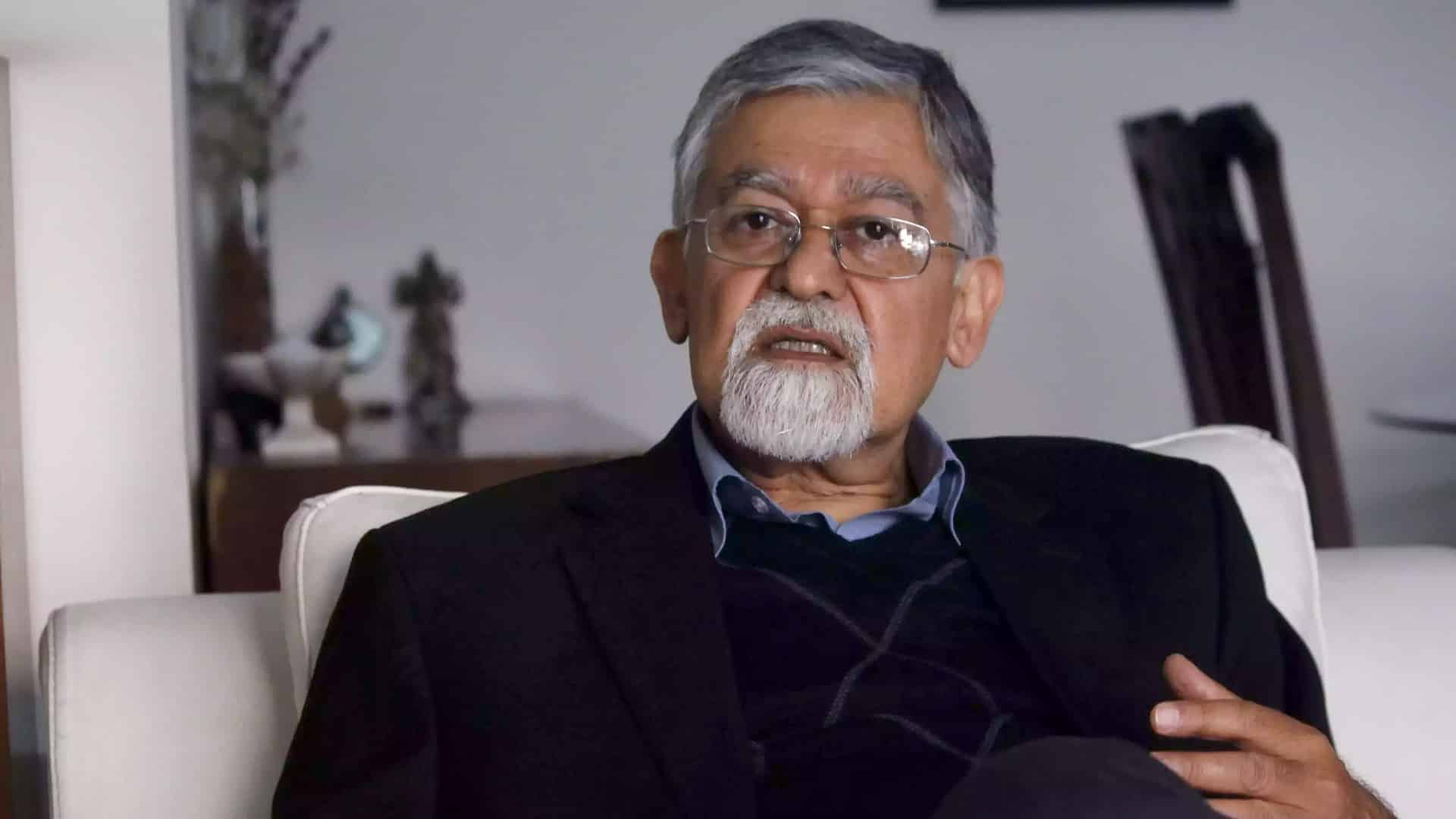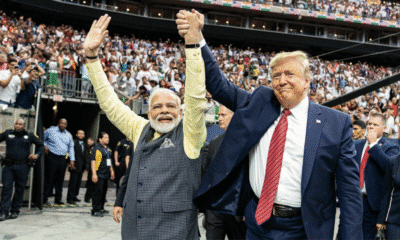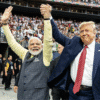Business
Indian economy to grow at around 6.5 pc in FY24, says NITI Aayog memeber Virmani
The Indian economy will grow at around 6.5 per cent in the current fiscal, notwithstanding high oil prices and increased geopolitical tensions, NITI Aayog member Arvind Virmani has said.
Virmani further said that he does not see any impact of the US and European banking crisis on the Indian financial sector. “So in the current fiscal year because of all the changes which have happened in the last year, I have reduced my India’s economic growth forecast by 0.5 per cent. “So it is 6.5 per cent, again plus minus 0.5 per cent,” he told PTI. Recently, the World Bank and the Asian Development Bank projected moderation in Indian economic growth between 6.3 per cent and 6.4 per cent due to a slowdown in consumption and challenging external conditions.
Also read: Fed interest rate decision, Q4 earnings, macroeconomic data to drive markets this week: Analysts
The International Monetary Fund (IMF) also lowered India’s economic growth projection for the current fiscal to 5.9 per cent from 6.1 per cent earlier. Yet, India will continue to be the fastest-growing economy in the world. Replying to a question on Reserve Bank of India’s flexible inflation targeting, Virmani said, “We should be more like the US Federal Reserve, which has an inflation target but also takes account of GDP,” he said. The government has mandated the central bank to ensure that retail inflation based on the consumer price index (CPI) remains at 4 per cent with a margin of 2 per cent on either side.
The central bank, which effected six back-to-back hikes in the key short-term lending rate (repo) since May 2022 to check high inflation, decided to take a pause early this month. The cumulative rate hike since May 2022 is 250 basis points. Asked whether India can replicate the economic success that has made China central to the world economy and global power, Virmani said that he does not think any other country now will be allowed to follow unfair trade policies which China had followed. “And my estimate is that roughly 1/3 of China’s growth would not have happened, if it did not have these unfair trade policies,” he said. Virmani pointed out that India doesn’t follow an asymmetric policy and it can grow at 6.5-7 per cent without following unfair trade policies.













































Pingback: ED searches: Byju's CEO says brought more FDI to India than any other startup, company in compliance